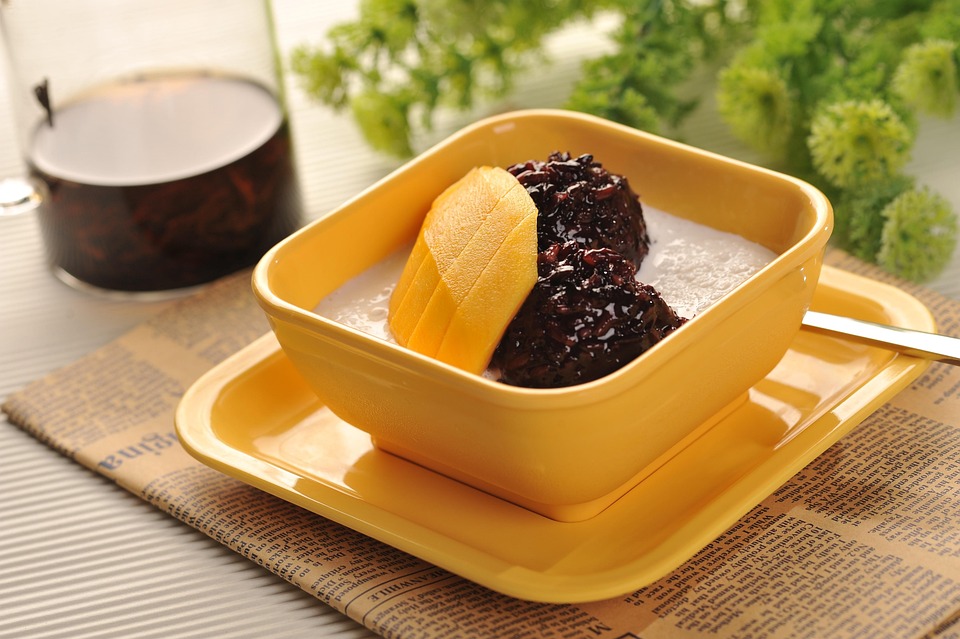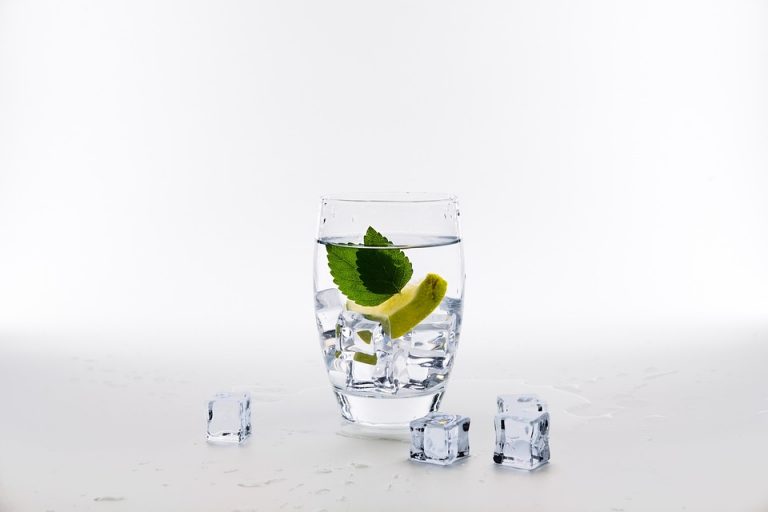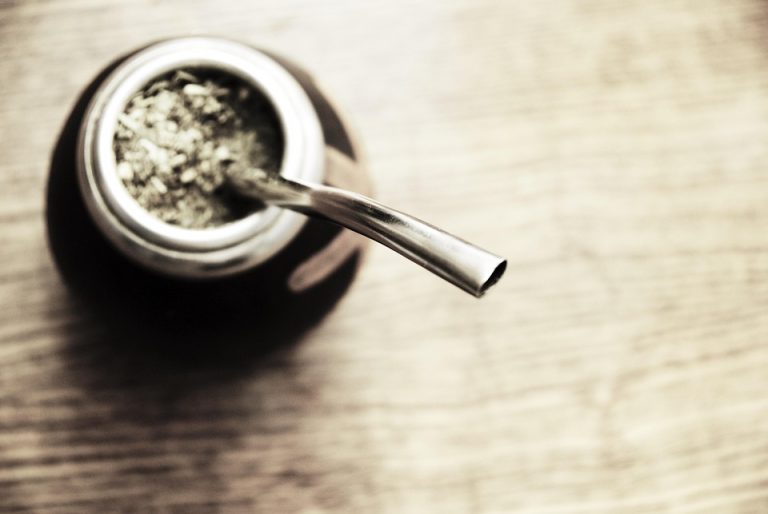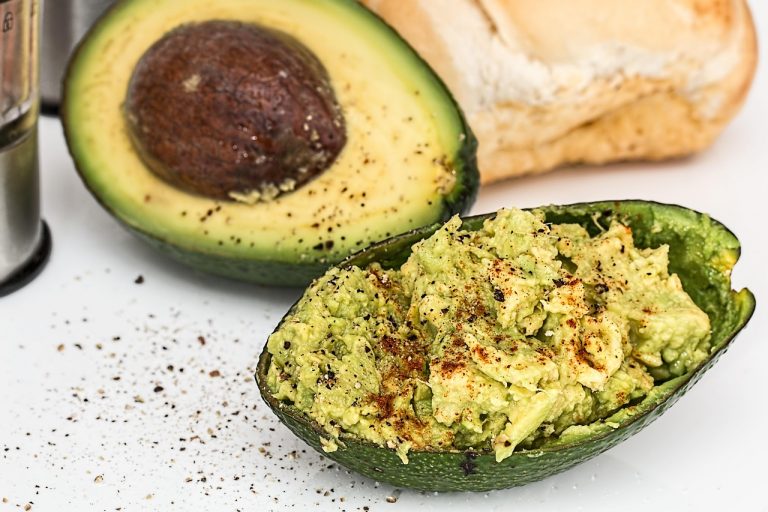If you’re on a journey to a flatter belly, you might already be familiar with the usual suspects: dieting, exercising, and avoiding those late-night snack sessions. But have you ever considered sipping your way to your goals? Enter mango leaf tea, a refreshing herbal infusion gaining traction in wellness circles for its potential health benefits. Not only is it delicious, but it could also be your new ally in flattening that belly. Let’s dive into five notable benefits of mango leaf tea that might just motivate you to brew a cup!
Contents
1. Rich in Antioxidants
Mango leaves are packed with antioxidants. These compounds help combat oxidative stress in your body—basically, they work to neutralize free radicals that can wreak havoc on your cells. A study published in the International Journal of Pharmaceutical Sciences and Research (Kumar, 2015) found that mango leaves contain high levels of flavonoids and phenolic compounds, which can boost your overall health and metabolism.
How it Helps with Belly Fat
Antioxidants may play a role in weight management. By combating oxidative stress and inflammation, they support metabolic function, aiding in the more efficient burning of fat. So while you’re doing your crunches or planks, sipping on mango leaf tea might give that metabolism an extra nudge.
Caveats
While antioxidants are beneficial, simply consuming them isn’t a magic bullet for weight loss. A balanced diet and regular exercise are still crucial. Don’t rely solely on tea; view it as part of a comprehensive lifestyle strategy.
2. Aids Digestion
If there’s one thing we know, it’s that good digestion is key for a flatter belly. Mango leaf tea has traditionally been used in many cultures to help with digestive issues. It can help to reduce bloating and improve gut health.
The Science Behind It
Research has suggested that the polyphenols in mango leaves can enhance the digestion process by promoting the secretion of digestive enzymes. According to a study in the Journal of Pharmacognosy and Phytochemistry (Gururajan & Gopalakrishnan, 2016), substances extracted from mango leaves helped to alleviate digestive disturbances.
Pros & Cons
Drinking mango leaf tea may help in alleviating bloating, a common issue for many struggling to achieve a flatter stomach. However, everyone’s digestive system is different. If you’re prone to irritating your stomach with herbal teas, proceed with caution. It’s always smart to start with lower concentrations to see how your body reacts.
3. Supports Healthy Blood Sugar Levels
Maintaining stable blood sugar levels is crucial for weight management. Have you ever noticed how those sugar spikes can lead to cravings and over-snacking? Mango leaf tea might help you manage those levels.
What the Research Says
According to a study published in the Journal of Ethnopharmacology (Wakchaure et al., 2014), mango leaves have been shown to help lower blood glucose levels in those with diabetes. This is a potential boon for those looking to manage weight since stable blood sugar can curtail those pesky sugar cravings.
The Downside
While this is promising information, it’s essential to approach it with caution. Always talk to a healthcare provider, especially if you’re on medication for blood sugar management. Mango leaf tea is not a replacement for prescribed treatments.
4. Promotes Healthy Skin
You might be wondering: “What does skin have to do with my belly?” Well, exfoliation and good health often begin from within. When your skin glows, it indicates that your body is functioning well overall, which can encourage you to continue your healthy habits, including your quest for a flatter belly.
Benefits for Your Skin
Mango leaves are rich in vitamins A, C, and E—essential nutrients that contribute to skin health. According to the Journal of Medicinal Food (Mahesh et al., 2017), these vitamins help combat free radicals, promote collagen production, and keep your skin looking youthful.
Keep in Mind
While mango leaf tea can enhance your skin’s appearance, don’t forget that beauty also needs hydration, sleep, and a well-balanced diet. So, pairing this tea with your skincare routine may double the benefits!
5. Natural Weight Loss Booster
It’s all well and good to talk about health benefits, but what about that all-important weight loss? Mango leaf tea has garnered attention as a natural weight loss aid.
Evidence from Studies
While the research is still developing, many anecdotal reports support the notion that drinking mango leaf tea helps flush out toxins, which can lead to shedding excess water weight and, potentially, fat. In a peer-reviewed publication from BMC Complementary Medicine and Therapies (Chatterjee et al., 2018), certain properties in mango leaves helped accelerate fat oxidation.
A Word of Caution
Keep in mind that weight loss isn’t simply about drinking specific teas. It’s a multifaceted process. Incorporating mango leaf tea into your routine should go hand-in-hand with exercise and a healthy diet. Also, individual results can vary.
Frequently Asked Questions
Q: How do you prepare mango leaf tea?
A: To make mango leaf tea, simply take a few fresh or dried mango leaves, wash them thoroughly, and boil them in water for about 15–20 minutes. Strain and enjoy! You can add honey or lemon for flavor.
Q: How often should I drink mango leaf tea?
A: Many people drink it 1-2 times a day for optimal benefits. However, it’s wise to start slow and monitor how your body reacts.
Q: Is mango leaf tea safe for everyone?
A: While generally safe, individuals with specific medical conditions or those pregnant or breastfeeding should consult a healthcare provider before adding it to their regimen.
Q: Can I lose weight just by drinking mango leaf tea?
A: Unfortunately, there’s no magic answer. Weight loss results from a combination of factors, including diet, exercise, and lifestyle choices. Mango leaf tea can be a wonderful addition but shouldn’t be your sole strategy.
Conclusion
There you have it—five compelling benefits of mango leaf tea that might just support your flat belly goals. With its rich antioxidant profile, digestive benefits, and potential to stabilize blood sugar levels, this herbal infusion is worth a spot in your health routine.
That said, remember that there’s no single solution for weight loss or health. Think of mango leaf tea as a supportive tool in your wellness kit. So next time you’re feeling sluggish or bloated, maybe it’s time to brew a warm cup and sit back, knowing you’re taking a step toward your goals.
As with all health practices, your unique body and needs come first. Listen to your body and consult healthcare professionals when in doubt. Here’s to health, happiness, and a flatter belly!
Disclaimer: This article is for educational purposes only and is not a substitute for professional medical advice. Always consult a qualified healthcare provider before making changes to your health routine.
References
-
Kumar, N. (2015). Phytochemical and pharmacological studies of Mango (Mangifera indica L.) leaves. International Journal of Pharmaceutical Sciences and Research. Retrieved from https://ijpsr.com/Blog/Phytochemical-and-Pharmacological-Studies-of-Mango-Mangifera-Indica-L-Leaves/
-
Gururajan, M. & Gopalakrishnan, V. (2016). A study of the potency of Mangifera indica leaves on gastrointestinal disorders. Journal of Pharmacognosy and Phytochemistry. Retrieved from https://www.phytojournal.com
-
Wakchaure, N., et al. (2014). The efficacy of Mangifera indica leaves in reducing blood glucose levels in cases of Type 2 diabetes mellitus. Journal of Ethnopharmacology. Retrieved from https://www.sciencedirect.com/science/article/pii/S0378874114000515
-
Mahesh, R., et al. (2017). The role of antioxidants in maintaining skin health and preventing aging. Journal of Medicinal Food. Retrieved from https://www.liebertpub.com/doi/abs/10.1089/jmf.2016.0133
-
Chatterjee, S., et al. (2018). Antioxidant effects of mango leaves on lipid parameters in obesity. BMC Complementary Medicine and Therapies. Retrieved from https://bmccomplementmedtherapies.biomedcentral.com/articles/10.1186/s12906-018-2325-6
Get Your FREE Natural Health Guide!
Subscribe now and receive our exclusive ebook packed with natural health tips, practical wellness advice, and easy lifestyle changes, delivered straight to your inbox.





